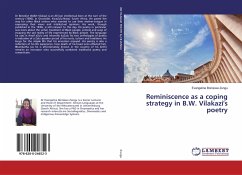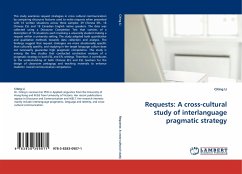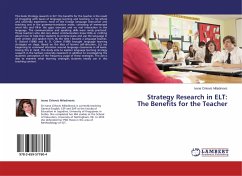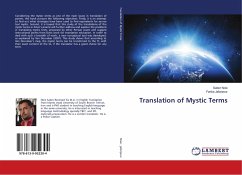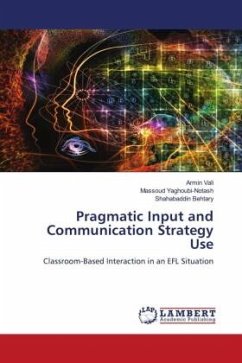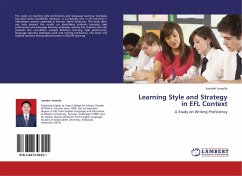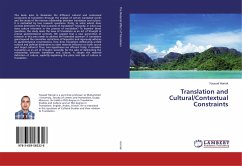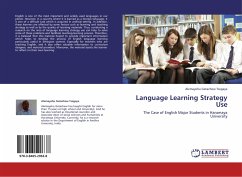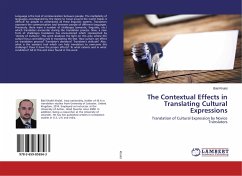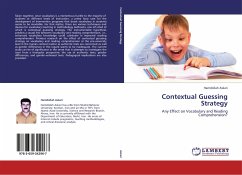
Contextual Guessing Strategy
Any Effect on Vocabulary and Reading Comprehension?
Versandkostenfrei!
Versandfertig in 6-10 Tagen
39,99 €
inkl. MwSt.

PAYBACK Punkte
20 °P sammeln!
Taken together, since vocabulary is a momentous hurdle to the majority of students at different levels of instruction, a prima facie case for the development of intervention programs that boost vocabulary in students seems to be inevitable. For that matter, there are various techniques and devices for vocabulary teaching in methodology textbooks, one oft-cited of which is contextual guessing strategy. The instrumentalist hypothesis predicts a causal link between vocabulary and reading comprehension, i.e., enhanced vocabulary knowledge could culminate in improved reading comprehension. Previous...
Taken together, since vocabulary is a momentous hurdle to the majority of students at different levels of instruction, a prima facie case for the development of intervention programs that boost vocabulary in students seems to be inevitable. For that matter, there are various techniques and devices for vocabulary teaching in methodology textbooks, one oft-cited of which is contextual guessing strategy. The instrumentalist hypothesis predicts a causal link between vocabulary and reading comprehension, i.e., enhanced vocabulary knowledge could culminate in improved reading comprehension. Previous research on the effect of contextual guessing strategy on vocabulary and reading comprehension at the pre-university level in the Iranian context insofar as authentic texts are concerned as well as gender differences in this regard seems to be inadequate. The current study can be of significance in the sense that it attempts to investigate the issue from a triangular perspective: the use ofauthentic texts, gender differences, and gender-unbiased texts. Pedagogical implications are also provided.




